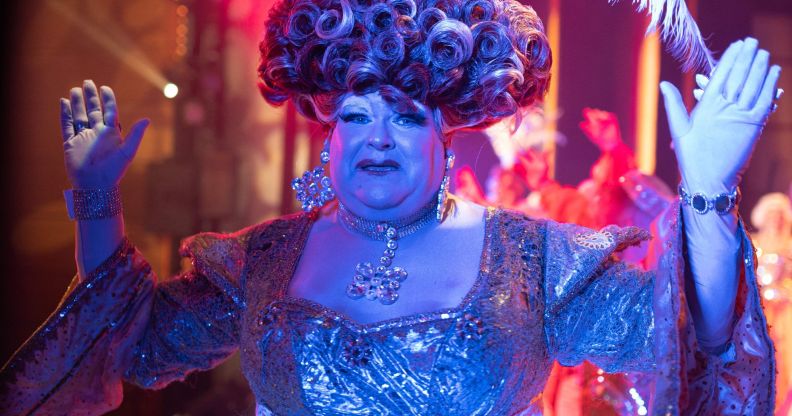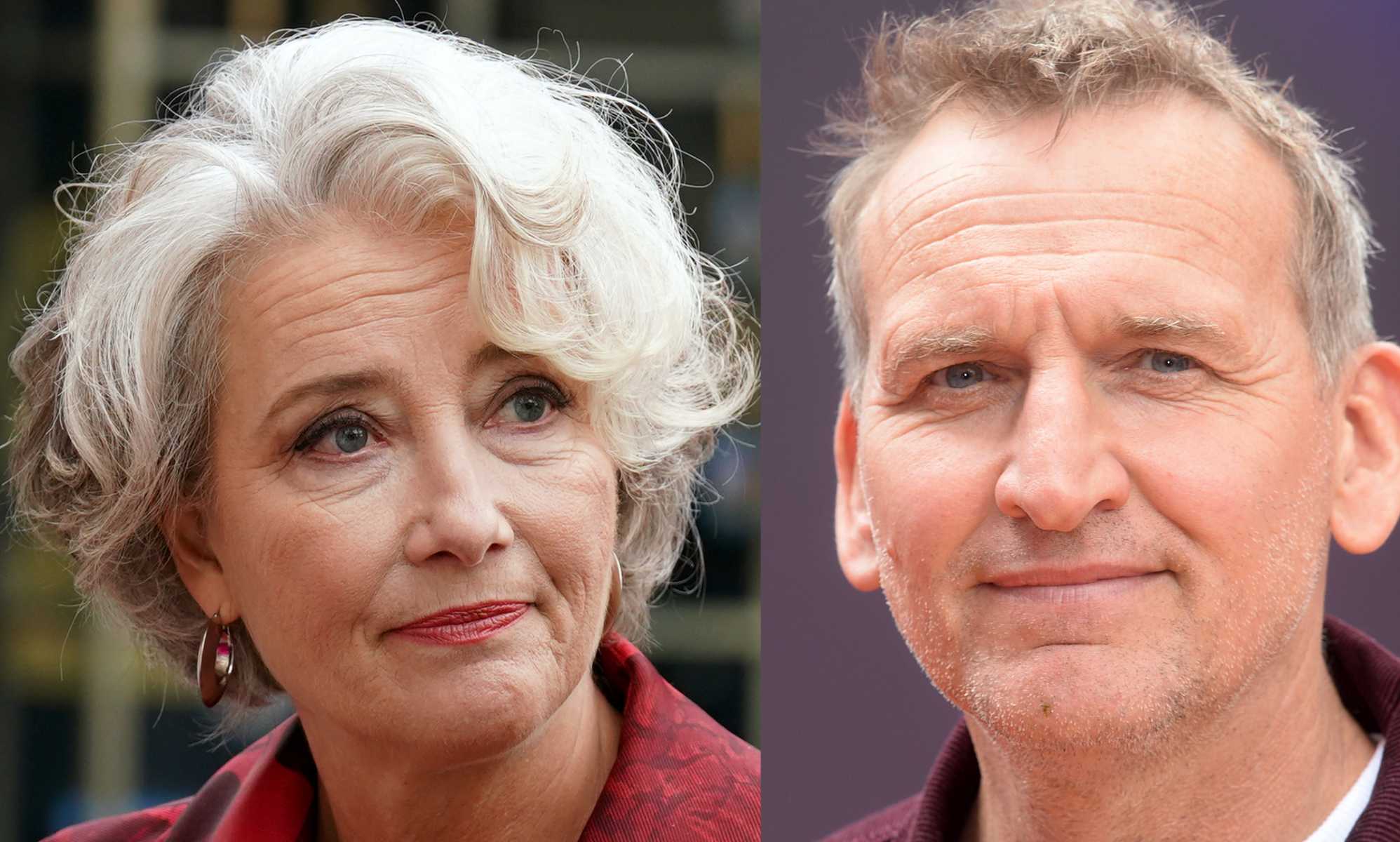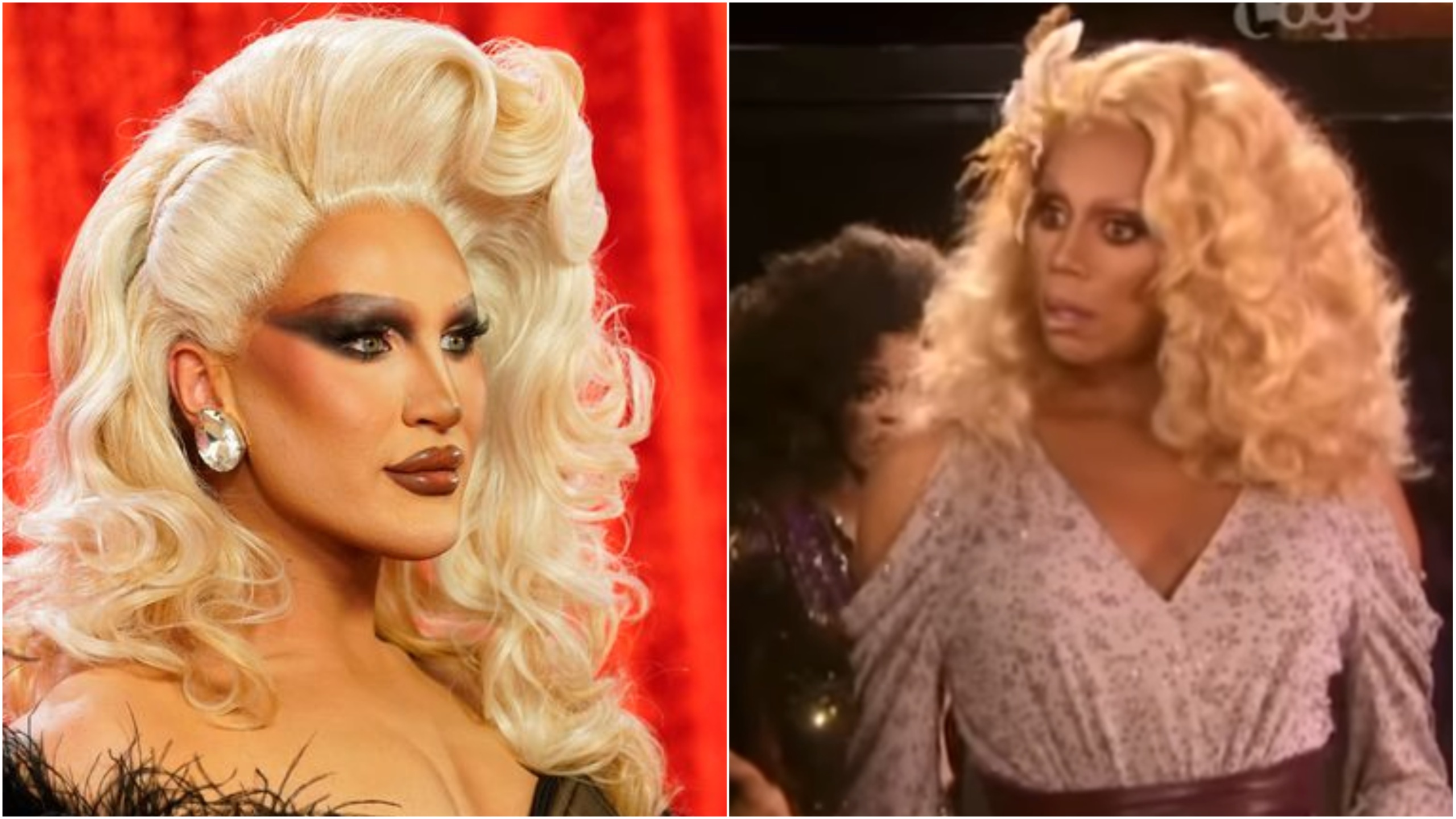Pantomime set to be officially recognised as UK cultural tradition

Pantomime could be formally recognised among Christmas carols and sea shanties. (Getty)
The UK government is gearing up to yell “Oh yes it is!” after announcing plans that could see the classic Christmas tradition of pantomime recognised as part of Britain’s “living heritage”.
On Saturday (23 December), the Department for Culture, Media and Sport (DCMS) announced its intention to invite communities across the UK to nominate their most valued local traditions to be included in a new register of cultural heritage in Britain.
The government intends to ratify the 2003 UNESCO Convention for Safeguarding of the Intangible Cultural Heritage, and is launching a public consultation to inform how the register will be drawn up and which traditions will be included.
According to the DCMS, an “intangible cultural heritage” refers to crafts, practices and traditions that are “recognised as being key part of national life and providing a sense of identity to communities across the UK”.
Traditions that could be considered for recognition are varied, and include pantomime, carol-singing, Christmas wreath-making, cèilidh, bagpipe-playing, cheese rolling, thatching, basket-weaving, steel drumming and sea shanties.
If traditional events such as the beloved festive pantomime are formally recognised, the UK will be able to honour their importance in a similar way to physical cultural heritage sites – such as the Tower of London or Stonehenge – for the first time.

Arts and heritage minister Stephen Parkinson said: “The UK is rich in traditions which are passed down from generation to generation,” arts and heritage minister. These crafts, customs, and celebrations have helped to shape our communities and bring people together, who continue to shape them in turn.”
The 2003 UNESCO Convention seeks to protect important cultural traditions by supporting those who practice them, and as part of the consultation process, local communities will be encouraged to propose how each tradition is recognised and how to safeguard it effectively.
UK minister for Scotland, John Lamont, encouraged communities to “nominate their local traditions,” while recommending that the government consider the Scottish traditions of Hogmanay, Burns Night, and cèilidh.
The minister of state for Northern Ireland, Steve Baker, also commended the move, saying that Northern Ireland has a “rich culture” that should be recognised.
“This is a great opportunity to ensure that UK’s cultural heritage is preserved for the benefit of future generations,” Baker said.
Responses to the consultation will need to be provided by the end of February, the government has said.






